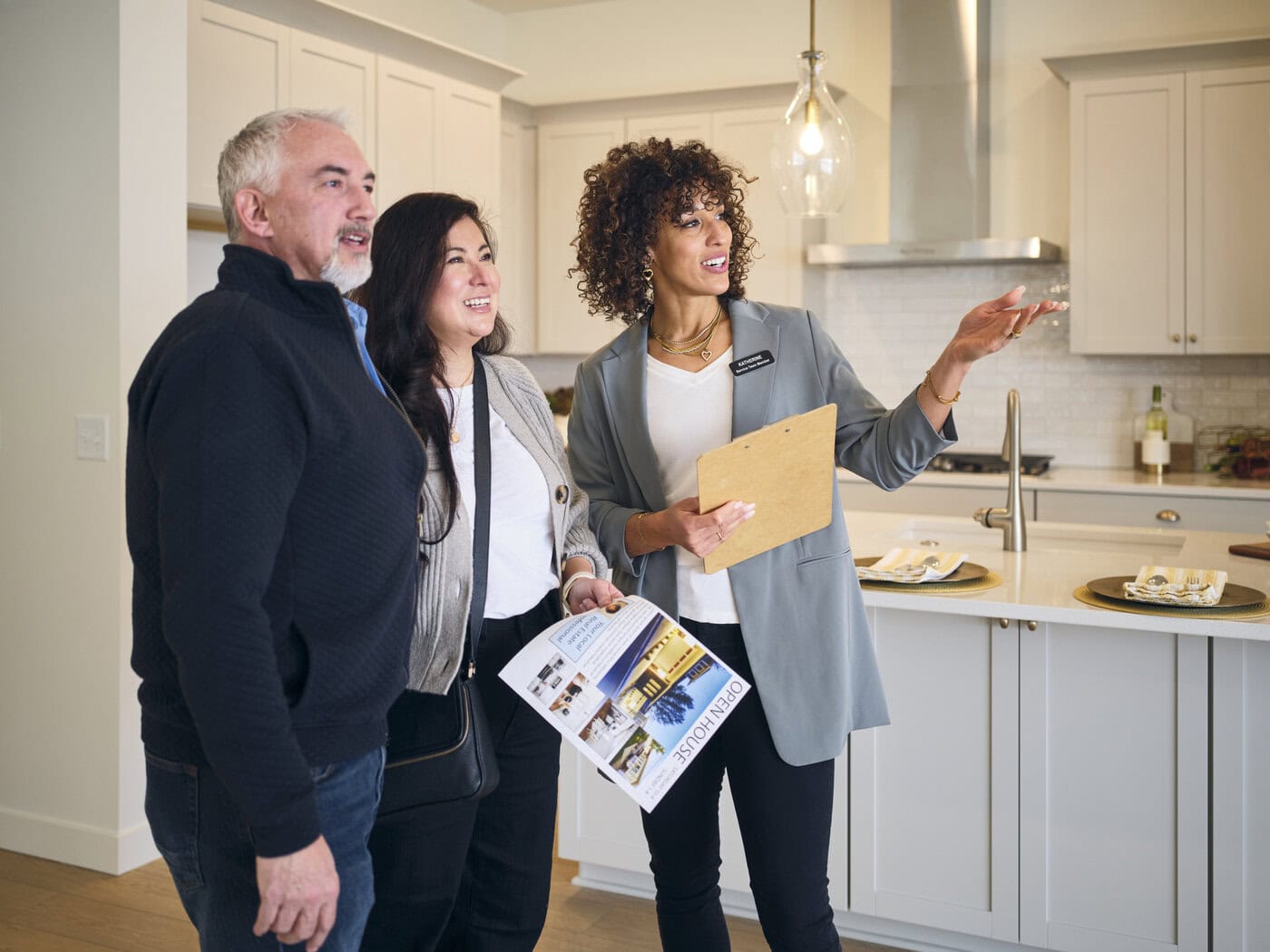Making the Winning Offer in a Seller’s Market

When inventory is low, buyers need to have patience and a plan when pursuing their dream house in a tight market. You want to be able to strike quickly with a competitive offer and have a backup plan if you lose your bid.
There isn’t one single, sure way to get your offer accepted when multiple offers are on the table for the house you want to buy but there are some tips that might help you to get your offer to rise to the top! Ready to talk to a local loan expert? Complete our Quick Start Form and we’ll connect you with a loan officer that matches your specific needs. They’ll provide a free consultation and guide you through every step of the loan application process.
Additionally, these three tips will help with getting your offer accepted in a limited inventory market:
Reduce or Eliminate Contingencies and Concession Requests
In a slower market, you could add a laundry list of conditions to your offer and it still might be accept but that strategy doesn’t work when houses are flying off the shelf. When you are preparing to make an offer on a home you can consider the option to reduce or eliminate contingencies and concession requests on your offer; these are items that you are requiring to be in place prior to closing. The most common contingencies removed in an effort to be win an offer are: appraisal, inspection and home sale. There are potential risks to the buyer when removing a contingency so it is important to consult with your real estate agent and loan officer before making a decision about contingencies.
Reducing contingencies and not asking for concessions could be enough to push out that buyer who insists on keeping their contingencies or is asking the seller to cover their closing costs. Sellers want to move on in a hurry too so they often pick the offer that is most favorable with the least contingencies.
Offer Above the Asking Price
It’s a fact of life in a bull market: be prepared to overpay for that dream house. Inflation and demand are driving up the prices for everything everywhere, including houses.
Study the market where you are making an offer. What did similar houses list for, and what were their final sales prices? A relationship with a local personal lender will help you navigate how much above the asking price you can spend.
Something to consider when looking at offering above asking price is what are the implications of doing this? On a monthly basis it might not be a huge impact as a $10,000 increase in the loan amount usually equates out to about a $25/month increase in payment, which feels palatable. However, if the appraised value comes in lower than what you offered to pay, most lenders will not cover the difference and you would have to cover this out of pocket or go back and hope the seller’s were willing to re-negotiate.
You’ll want to come in strong with your initial offer because sellers aren’t in the market for negotiation and may easily move on to the next bid.
Cover an Appraisal Shortage
If a house appraises for less than your offer (as mentioned above), which is a possibility, let the seller know that you’ll make up the difference. This is often referred to as an appraisal gap agreement. So, if you offer $200,000 for a house but the appraisal comes in at $180,000, let the seller know that you remain willing to pay the $20,000 difference or at least a portion of that.
Discuss this with your Realtor and personal lender in advance so that all parties are aware that you’re covering the shortage and you pre-approval has taken this into account.
Use Your Earnest Money Deposit (EMD) to Your Benefit
Earnest Money is a good faith deposit to show the seller that you are serious about purchasing the home, these funds are typically remitted at the time you finalize your agreement on your offer. At the time of closing that deposit is applied to the amount of funds you are supposed to bring to closing.
If you increase your earnest money deposit or make it non-refundable, you show that you are a serious buyer who has the financial chops to close the deal. Typically, an EMD is around 1% of the purchase price of the home. If you double that amount you’ll be sending a signal to the buyer that you are ready to do business.
If You Don’t Win the Offer, Don’t Quit Looking
Sometimes, houses just go to another buyer. Sellers want an offer that benefits them the most. While losing an offer can be very frustrating, especially if you have tried some or all of the tips above – don’t be discouraged. Keeping your head up, educating yourself about the market and continuing to work closely with your lender and realtor to see if there is anything more you can do to be ready when you get your next chance. This might include getting a fully underwritten pre-approval from your lender to show the seller that your whole financial situation has been reviewed in full by an underwriter.
Find out more about Summit’s proprietary Seller’s Choice Underwriting Guarantee.


